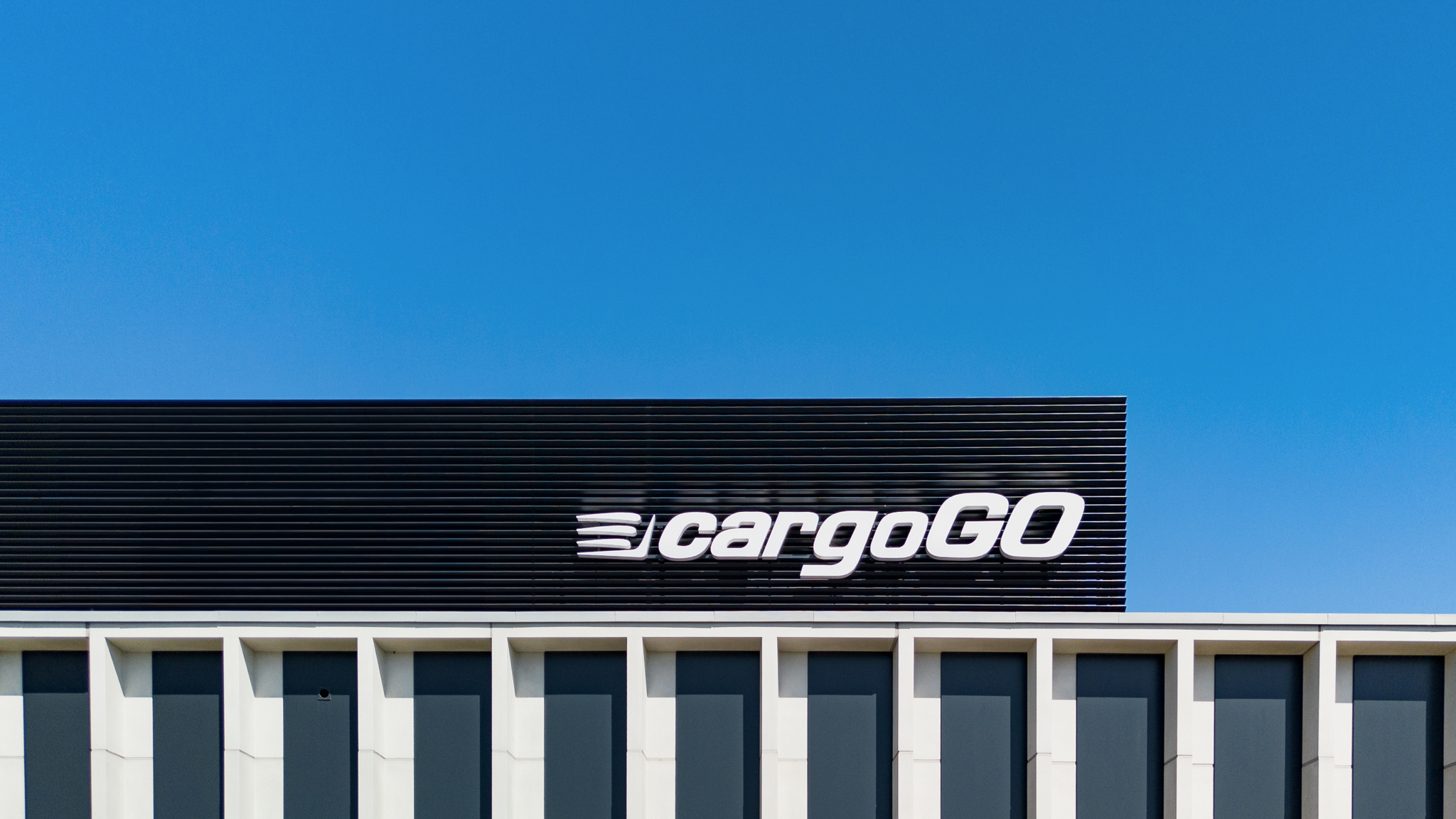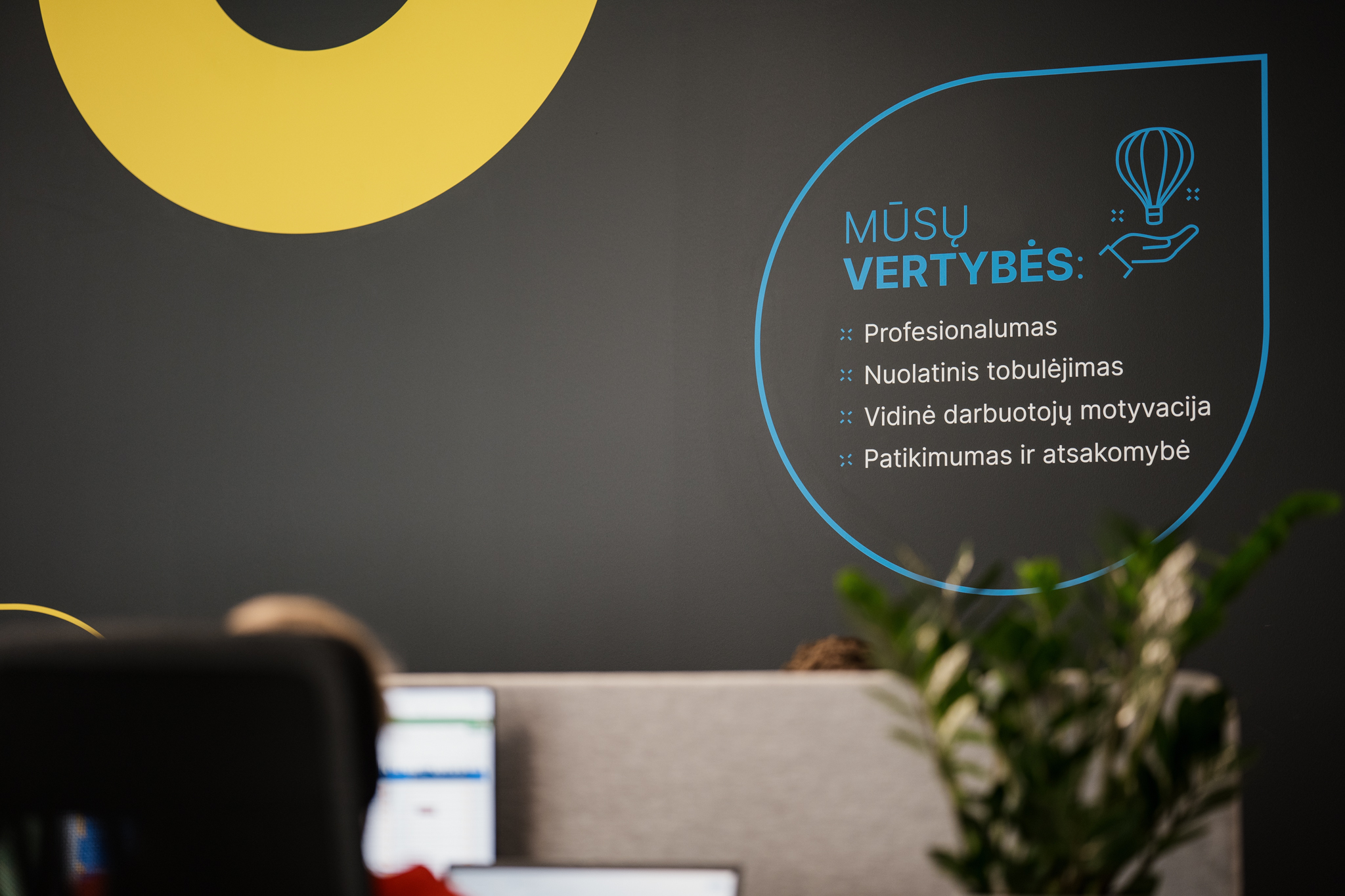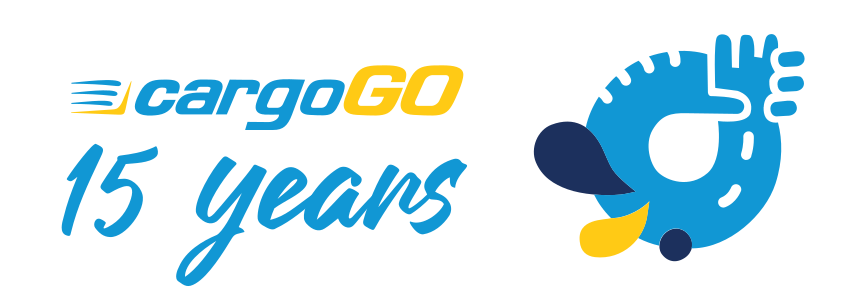
“Our transportation company is increasingly leveraging artificial intelligence (AI), and the goal in implementing this technology is to optimize delivery routes, more efficiently manage the fleet of vehicles, and better forecast and meet customer needs,” began Osvaldas Švitra, CEO of the logistics company group “cargoGO Group” and CEO of “cargoGO Logistics,” a subsidiary of the group.
He emphasizes that today, AI is used in the group’s companies for various tasks and goals optimization, and the tangible benefits are calculated, for example, in optimizing routes, managing the fleet, and forecasting customer needs.
“For example, our AI system analyzes traffic data in real-time and determines optimal routes for drivers. This not only reduces delivery time but also saves on fuel and road toll costs,” says O. Švitra.
For instance, if a truck needs to travel from Berlin to Barcelona, the AI system calculates and provides at least three alternative routes, indicating the distances, road tolls, fuel costs, fuel prices at gas stations along the route, and the time it will take to reach the destination. This allows evaluating and comparing costs on each route. However, the final decision still rests with the specialist, as the cheapest route proposed may not always be suitable if, for example, it is “slower” and the cargo will be delivered later than desired by the customer.
Sharing the cost optimization benefits with the customer
“It is also crucial to consider fuel costs. In a logistics company, they make up about a third of all expenses. For example, if a company’s turnover is 100 million Euros, fuel costs amount to at least 33 million Euros. If using AI helps reduce fuel expenses by at least 1.5%, which is entirely feasible, the company pockets around 0.5 million Euros,” shares the head of “cargoGO Group” with real examples. “The second largest expense item is road tolls, accounting for about a fifth of all costs. When AI helps optimize costs here too, the same real savings of 1.5% from 20 million Euros result in 0.3 million Euros.”
Using historical order data, the AI system can forecast customer needs, such as when and what deliveries will be required. This also allows for more efficient route planning and ensuring the right number of vehicles on certain days and in certain European regions to deliver goods on time. By the way, this criterion is highly valued by customers, and cargoGO pays special attention to it.
“And the result of all this optimization is greater customer satisfaction. And not just because they receive their cargo on time. By working more efficiently and reducing the cost per kilometer, we can offer competitive prices that companies not optimizing their operating costs cannot match,” emphasizes the CEO of “cargoGO Group.”
AI benefits in numbers
According to O. Švitra, today it is possible to talk about the benefits provided by AI in concrete numbers.
For example, with the use of AI, it has been noticed that delivery speed increases due to route optimization. It has been calculated that deliveries have on average accelerated by 10%. Route optimization has also allowed the company to reduce fuel expenses by about 10%, as well as road tolls.
Even greater benefit is provided by AI “monitoring” the condition of vehicles. Over a comparative period, after implementing AI, it is estimated that the number of technical failures has decreased by 20%.
“We have a goal for AI to help analyze the operation of each vehicle and promptly determine when technical maintenance is needed or even forecast when certain technical issues may arise,” shares O. Švitra plans for the near future.
Once again, he emphasizes that all these achievements ultimately lead to higher customer satisfaction: “By being able to react faster and more accurately to customer needs, we undoubtedly create greater customer satisfaction.”

In the future – new tasks for AI
The rapidly growing “cargoGO Group” plans to utilize AI for optimizing internal processes as well, for example, managing the fleet of vehicles.
“While AI is already successfully applied in our company, we are constantly seeking ways to further integrate it and gain even more advantages,” says O. Švitra.
The company intends to start using AI for deeper traffic forecasting, analyzing not only current-day but also upcoming traffic conditions, thus enabling even more effective route planning.
The aim is for this advanced technology to be utilized for enhanced communication with drivers as well. There are plans to implement a system that could send real-time information to drivers about potential obstacles on the route, suggest alternative routes, or provide other relevant information.
AI will be entrusted with more functions by integrating it with other systems. The goal is for AI to interact with other business systems, such as warehouse management or customer service, to make all processes even smoother.
“We understand that AI, like other modern technologies, is constantly evolving, so we plan to regularly train our AI models with new data and ensure that they are always at the highest level,” says the CEO of “cargoGO Group.”

Challenges and Difficulties: Experience for Colleagues
Osvaldas Švitra emphasizes that while today the companies within the group are experiencing the tangible benefits of AI, those who are still in the planning stages of incorporating AI to enhance their operations should consider the challenges and difficulties they will face before achieving the desired results.
“The implementation of AI is time-consuming, requiring the work of many experienced specialists, competency, and expert insights, understanding the specifics of the business,” shares the experience of the leader of “cargoGO Group.” “Ultimately, it is necessary to assess people’s attitudes towards innovations, especially those of business owners and company leaders, as their enthusiasm and commitment to improvement affect that of other employees. Practice shows that technology advances much faster than many people can learn, so it is necessary to invest in raising employees’ competencies, which requires both significant financial resources and time. However, it is possible to acquire expertise externally, but such specialists are particularly expensive. We have chosen the path of internal growth with the entire team. And this is very important because growth must be uniform across all levels and departments, and everyone must understand that the future lies in planned innovations.”
He emphasizes that it is essential to see how progress is being made toward the goal: “We have implemented an automated reporting system where we all see how we are progressing towards the set goals, what daily progress is being made.”
Osvaldas Švitra also advises evaluating how data security will be guaranteed. “Ensuring secure data transmission and storage is one of our priorities. AI technology requires large amounts of data, so efforts must be continuously made to ensure their security,” shares the experience of the CEO of “cargoGO Group.”
He also reminds that complete dependency on AI technology cannot be allowed. While AI optimizes many processes, some situations may require human decision-making, so it is important to strike a balance between technology and human involvement.
“And be sure to evaluate the costs associated with AI implementation and training. Although AI, as an example in our company, brings many benefits, its training and integration are financially, time, competency, and energy-intensive processes,” says the CEO of the logistics company group “cargoGO Group” and the CEO of “cargoGO Logistics.”
About “cargoGO Group”
“cargoGO Group” manages around 1,000 of its own transport vehicles, with an average age of about 1.5 years for trucks. The group employs 1,900 people: 1,700 drivers and 200 specialists in administration. The offices operate in the Business Garden business center in Vilnius and on Minsko Street, as well as in Uzbekistan. Nearly 99% of local and international freight transportation is carried out in Western Europe. In 2022, the group’s turnover exceeded €138.5 million. The growth was over 43% compared to 2021, when it reached €96.6 million in turnover. Compared to 2020, the growth in 2021 was 61%.



